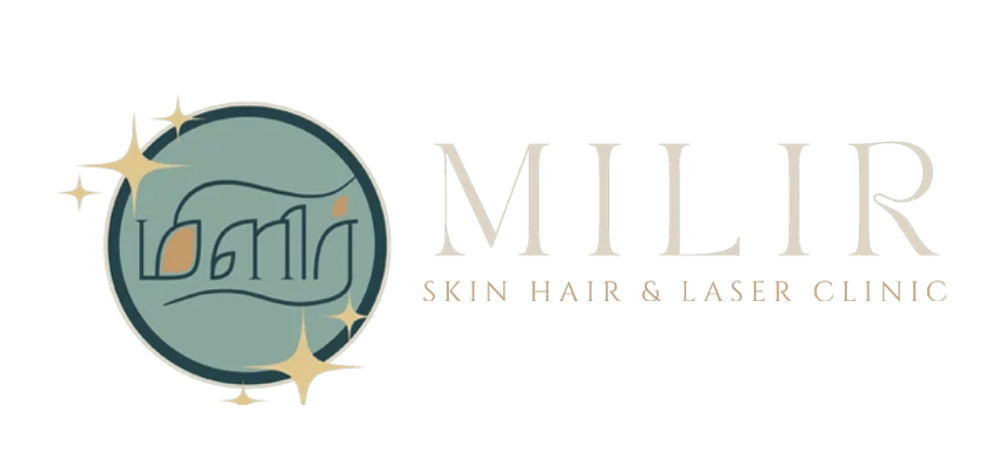- 9554995594
- 2nd floor( above axis bank) No.20 , 11th avenue LIC colony Ashok Nagar Chennai-83

DEFINITION
Platelet Rich Plasma is also known as liquid gold. PRP is a biological product defined as a portion of the plasma fraction of autologous blood with a platelet concentration above the baseline. PRP is an effective concentration of multiple fundamental growth factors, chemokines, cytokines and other plasma proteins.
History
Hematologists created the term PRP in the 1970s in order to describe the plasma with a platelet count above that of peripheral blood which was initially used as a transfusion product to treat paitents with thrombocytopenia (low number of platelets in the blood) . 10 years later, PRP started to be used in maxillofacial surgery as PRF . Subsequently PRP has been used predominantly In sports injuries. More recently, the interest in the application of prp in Dermatology has increased.
In 2006, prp has started to be considered a potential therapeutic tool for promoting hair growth and has been postulated as a new therapy for alopecia, in both androgenetic alopecia& alopecia areata.
Platelets and growth factors
Platelets, also called thrombocytes, develop from the Bone marrow. Platelet contains Seceretory granules that are crucial to platelet function. In each platelet, there are approximately 50 – 80 granules.
PRP is a natural source of signaling molecules, and upon activation of platelets in prp, the platelet granules are degranulated and release the growth factors and cytokines that will modify the cellular environment.

Some of the most important growth factors relased by platelets in prp include epidermal growth factors, platelet derived growth factor, fibroblast growth factor, vascular endothelial growth factor, insulin like growth factors 1&2, matrix metalloproteinases 2,9 and interleukin -8.
Procedure
Centrifuge machine is used for the preparation of prp.
-
The blood is obtained with a tube that contains anti coagulant .
-
Double spin method is used for PRP centrifugation at optimal settings( by which the RBC’s and WBC’s are separated from platelets)
-
After centrifugation the platelet poor plasma is removed and PRP is obtained.
ROLE OF PRP IN ALOPECIA
The growth factors in prp promote 4 main action such as proliferation , migration , cell differentiation and angiogenesis.
The dermal papilla cells produce growth factors such as IGF-1 , FGF-7 ,HGF & VEGF that are responsible for maintaining the hair follicle in the anagen phase (growth phase) of the hair cycle.
PRP reduces the hair fall, thickens and strengthens the hair strands , helps in increasing the hair growth and density.
ROLE OF PRP IN SKIN:
PRP can stimulate human dermal fibroblast proliferation and increase type 1 collagen synthesis. PRP also induces soft tissue augmentation, formation of new blood vessels and adipose tissue formation.
Hence prp is used to treat chronic non- healing wounds, burn scars, post surgical & post traumatic scars , acne scars , fine lines & wrinkles. PRP helps in skin rejuvenation and anti-aging by augmenting dermal elasticity. New collagen formation helps in reducing stretch marks.
TAKE AWAY:
-
➢Being an autologous preparation( prepared from ones’s own blood ) it has no risk of cross infections or other side effects.
-
➢PRP works as a miracle fluid by helping in the treatment of various hair and skin concerns.
